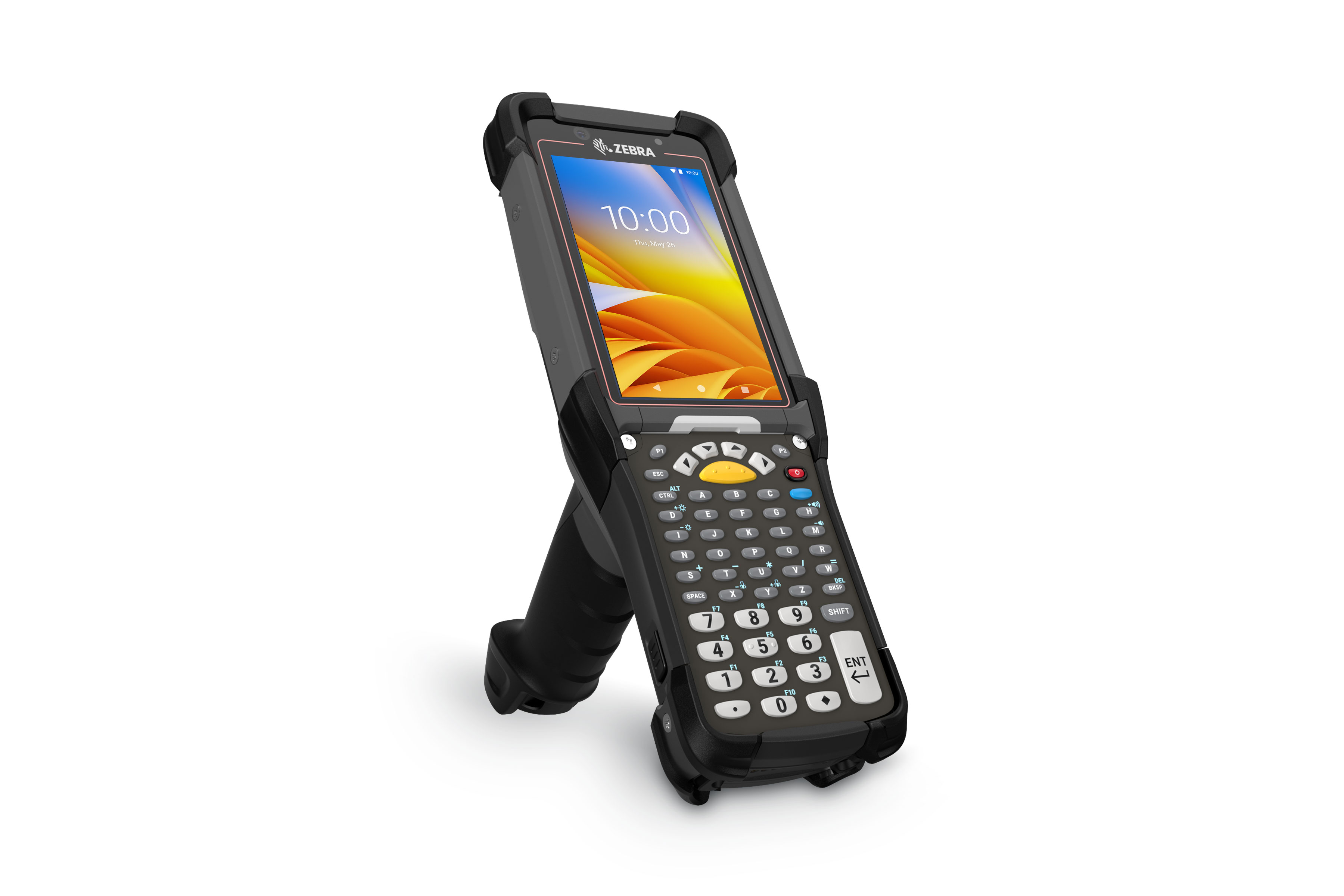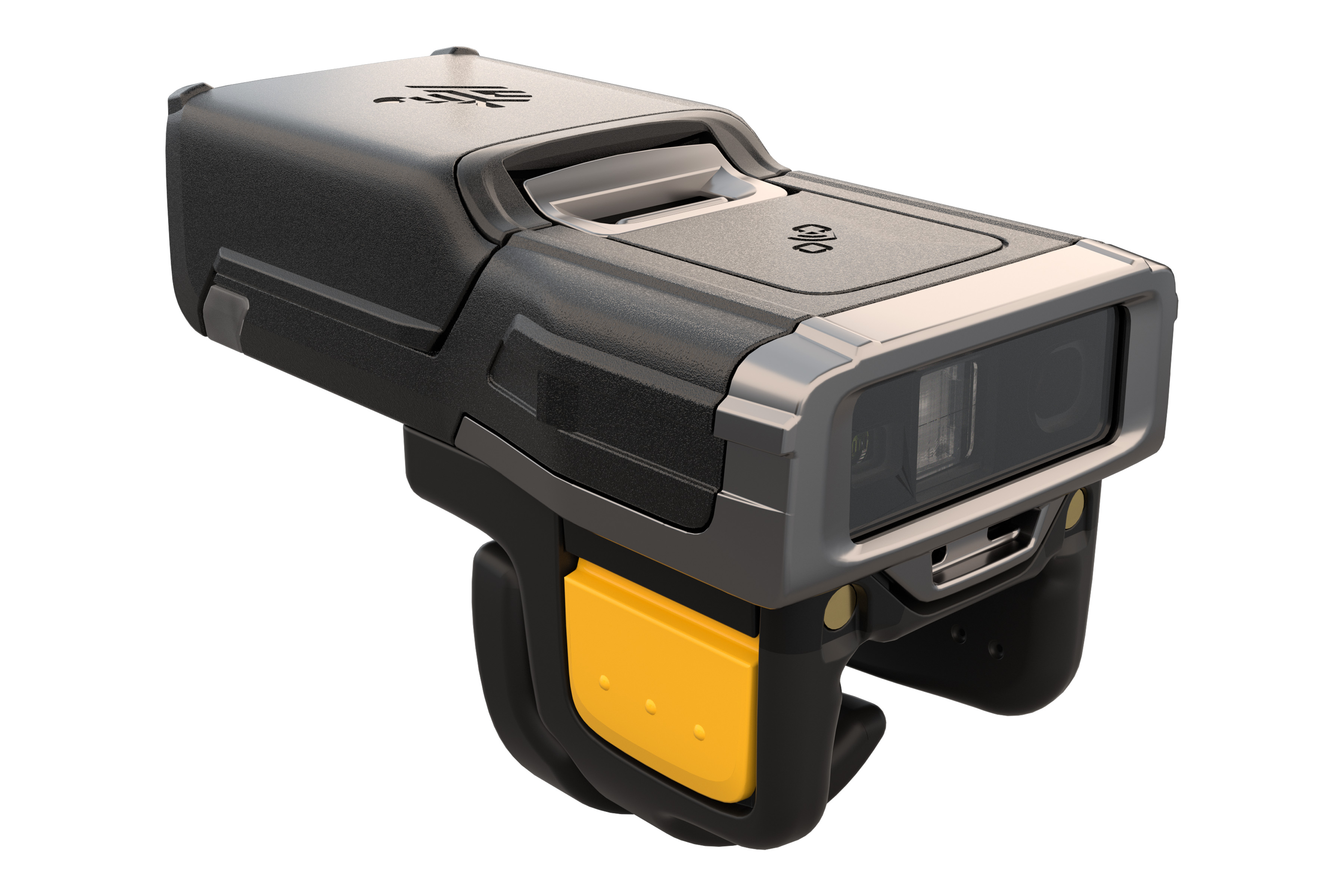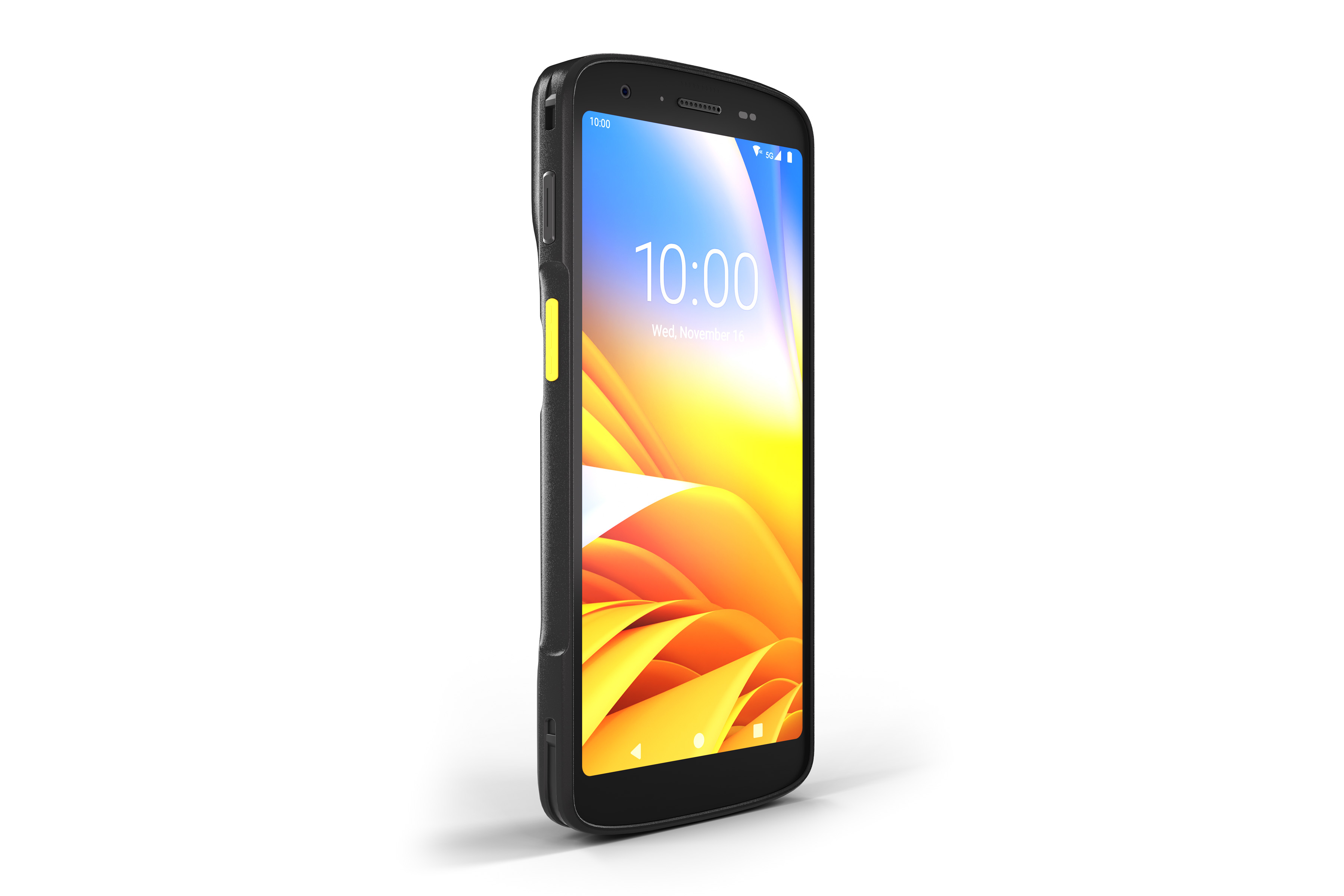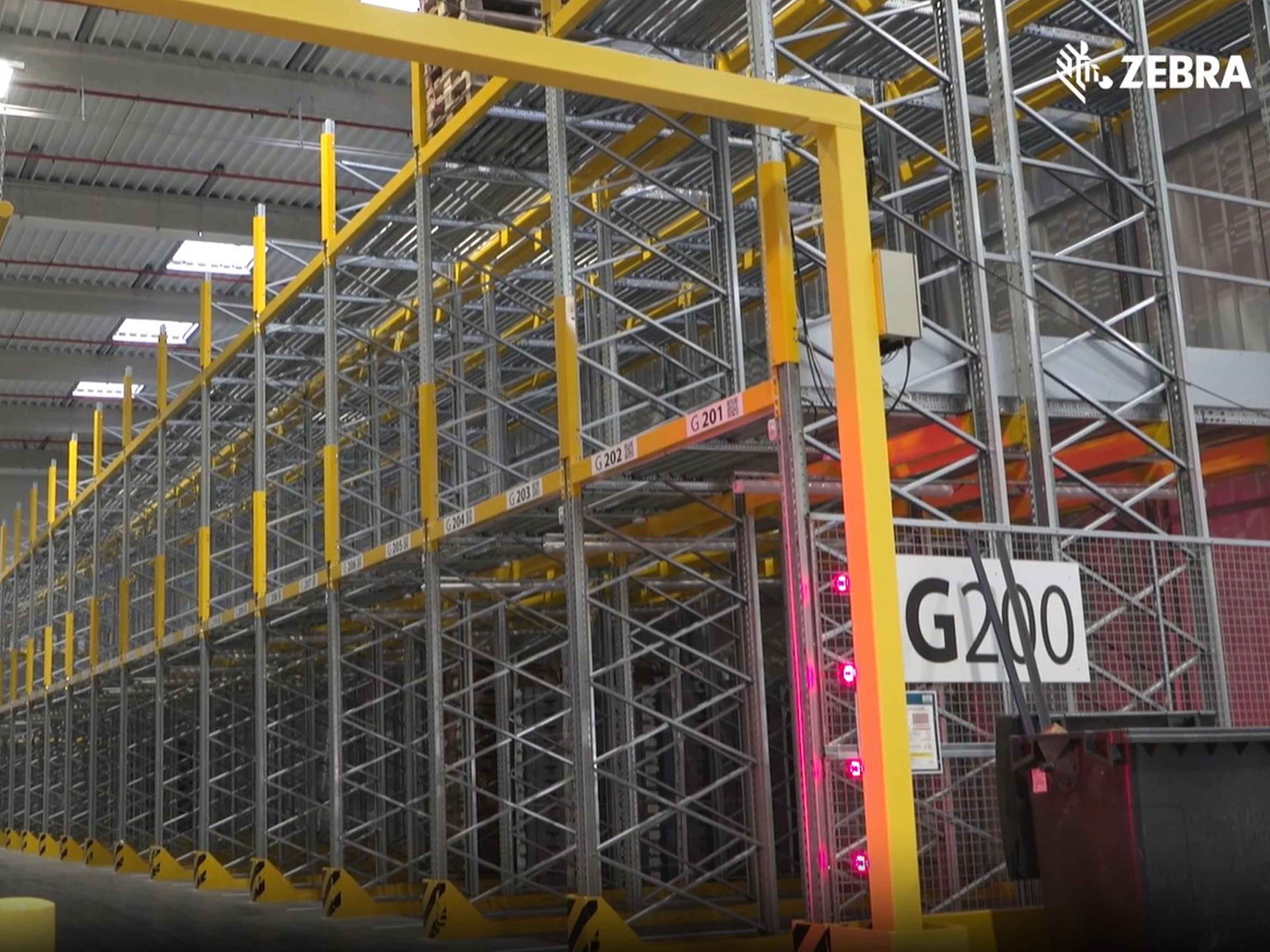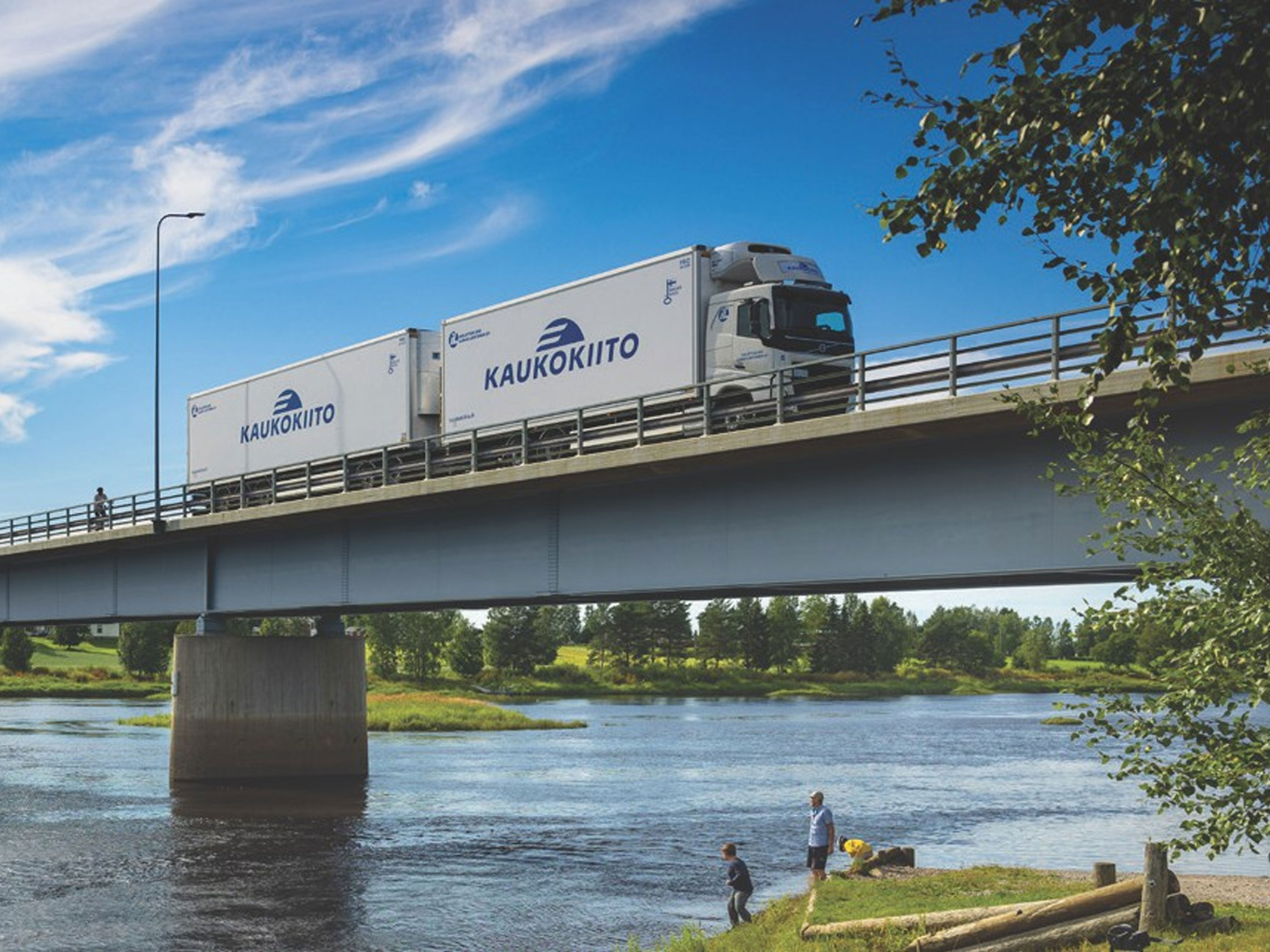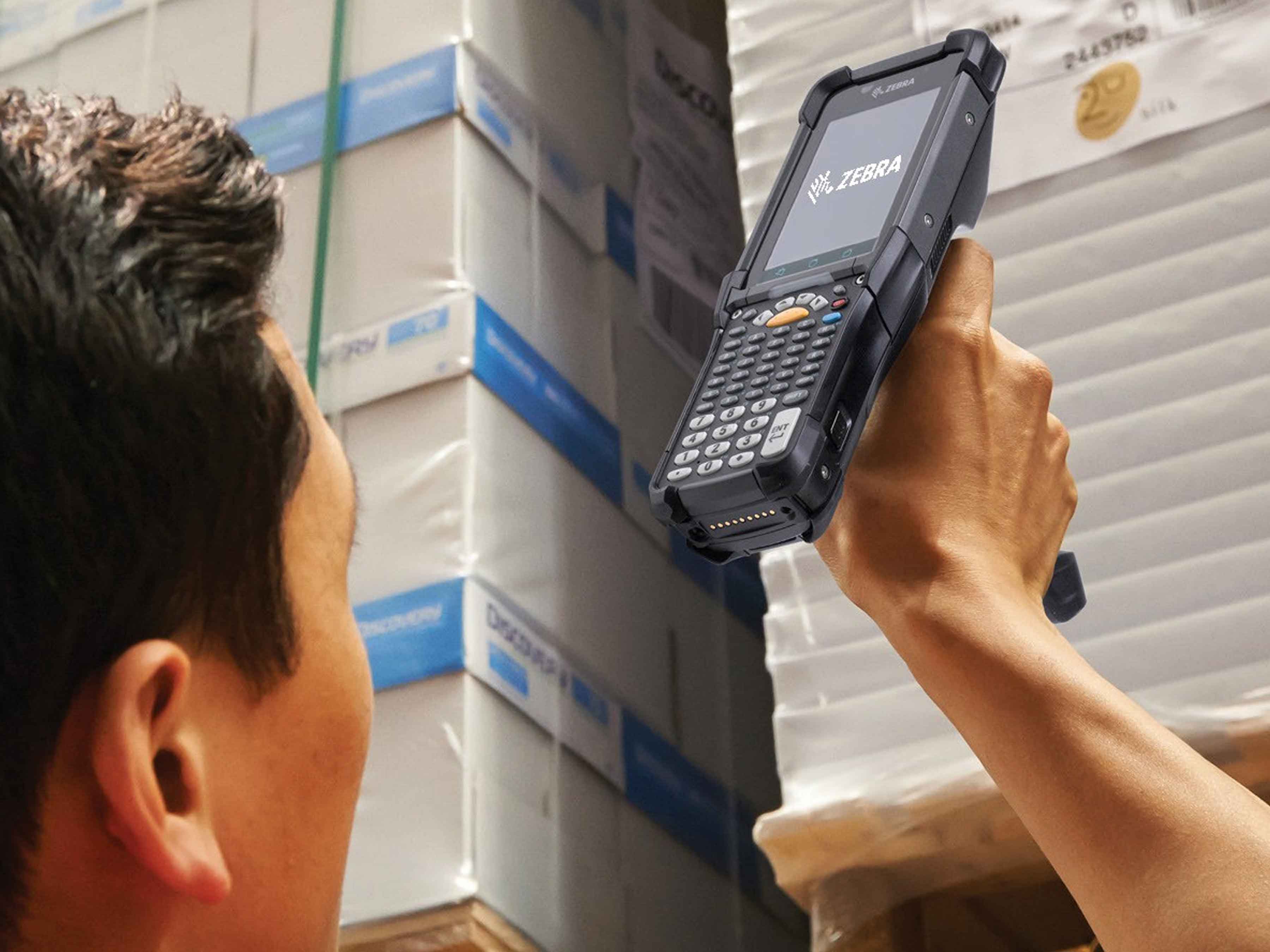
From Paper to Precision: Bidfood’s Digital Journey to Operational Excellence
Bidfood, a leading UK food wholesaler, faced inefficiencies in its warehouse operations due to outdated paper-based systems. With 26 depots and a fleet of 1,600 vehicles, the company needed a digital overhaul to meet its growth ambitions and maintain competitive service levels.
Zebra Success Story: Bidfood
Overview: Transportation & Logistics Challenge
Collaborating with Zebra, Bidfood implemented a suite of advanced mobile and wearable devices, along with bespoke software, to enable real-time stock management and improve operational accuracy. This implementation increased item processing capacity to up to 600,000 items nightly, reduced manual errors and eliminated the need for five million sheets of paper annually.
Benefits / Outcomes
- Real-time stock management and tracking
- Enhanced picking accuracy, reducing errors and mispicks
- Reduced paper usage, improving sustainability and cutting costs
Customer
Bidfood
Hoddesdon, England/UK
Industry
Transportation and Logistics
Solutions
About Bidfood
Bidfood is a leading national food wholesaler in the UK, specialising in the delivery of food, drink and catering supply products to customers ranging from large chains and franchises to cafés, schools and hospitals around the nation. Part of Bidcorp, and with 26 depots and 1,600 vehicles in its fleet, Bidfood faces the complex logistical challenges that come with managing a massive delivery network, ensuring food safety and meeting tight deadlines.
Bidfood’s mission is to provide an excellent service by ensuring stock availability and the timely delivery of orders. However, despite its extensive infrastructure, inefficiencies in warehouse management were becoming increasingly problematic, especially considering Bidfood’s bold growth ambitions. These ambitions would not have been achievable without a considerable upheaval in Bidfood’s technology suite. Until 2021, Bidfood’s warehouse operations were primarily conducted using paper-based systems, a method that was inefficient, error-prone and wholly unsustainable.
Bidfood realised it needed to embark on a digital transformation journey to meet its targets and retain its competitive advantage. It became clear that the company needed a modern, digitalised approach to keep up with the demands of its growing operations. Its goal was to eliminate paper-based processes and implement a realtime solution that would enable greater accuracy and efficiency. To do that, it turned to Zebra, with whom Bidfood had a long-standing relationship, to develop a solution.
The Challenge
There were several challenges caused by the outdated technology suite at Bidfood. According to James Jeffryes, Operational Change Manager at Bidfood, these varied in scope and scale. “A key problem we faced on our old system was slow data processing,” he explains. “Warehouse tasks were manually recorded on paper, with a lag time of up to two and a half hours between physical stock movements and updates in the ERP system. It doesn’t sound like a lot but when you’re shipping 400,000 items every night, the problem is pretty obvious.”
“We also used excessive amounts of paper,” he continues. “Bidfood was using over five million pieces of paper annually for warehouse operations, which isn’t sustainable for the planet or our ambitions. Our old ways also led to system overrides and errors. Due to inaccuracies in printed instructions, employees were overriding the system nearly 70% of the time, leading to misplaced items and delays.”
“Finally, cancelled movements were a critical concern for us,” explains Jeffryes. “Nearly 40% of the warehouse management system (WMS) movements were being cancelled due to the overwhelming time and labour involved.”
Bidfood’s digital transformation has greatly increased warehouse efficiency by enabling real-time stock tracking and automated inventory updates, reducing manual errors and system overrides.
The Solution
To address these challenges, Bidfood embarked on a digitalization journey with Zebra, heavily investing in cutting-edge technology. “Getting a few shiny new devices and a software update wasn’t nearly enough,” explains Jeffryes. “We needed to fully revamp our hardware and software suite to consist purely of best-in-class technology and to also function as a holistic, harmonised solution.”
This why Bidfood turned to Zebra. The solution Zebra developed for Bidfood was multifaceted and unique, but above all, it was completely tailored to Bidfood’s needs. “Zebra has been an immense colleague throughout all of this,” says Jeffryes. “Many of the components and functionality of the new solution exist because we took a baseline idea and worked the final solution out together as one.”
From a hardware perspective, Zebra equipped Bidfood with a selection of devices. To start with, Bidfood now uses MC9300 handheld mobile computers, which are PDAs that can operate in unforgiving environments – like Bidfood’s refrigerated warehouses, which get as cold as -25°C. The MC9300s are durable and reliable, with features like heated screens and heated scanner elements that make them ideal for Bidfood’s operations.
Bidfood also acquired a scanner combination consisting of Zebra’s WT6400 wearable computers coupled with the RS6100 handmounted scanners. Finally, Zebra provided Bidfood with TC26 mobile computers. Of course, none of this hardware would mean anything without the right software to boot. Since Zebra’s devices are optimised for Android™, Bidfood’s bespoke software was easy to add to the devices.
Specifically, Bidfood developed three bespoke software systems for its needs. The Q Stock system replaced its paper-based WMS, powered by the MC9300s. The new system enabled real-time visibility of stock movements and seamless communication with the company’s ERP system, reducing the need for manual updates.
To improve picking accuracy, Bidfood introduced Q Pick, a scanningbased system on the WT6400 and RS6100 devices. This shift allowed full product scanning during picking, reducing errors and mispicks. Additionally, Bidfood upgraded its delivery process with the Q Drop driver app, powered by the TC26, allowing drivers to manage deliveries more effectively by checking invoices, capturing delivery photos and confirming receipts digitally.
The Zebra Difference: Outcome and Benefits
“Our new solution has been a game changer,” says Jeffryes. “Bidfood’s digital transformation has greatly increased warehouse efficiency by enabling real-time stock tracking and automated inventory updates, reducing manual errors and system overrides. With this new system, warehouse teams can now process up to 600,000 items nightly, a significant increase from the previous 400,000. This has reduced labour costs, led to faster order fulfilment and improved service levels for customers. In our line of work, that’s worth gold.”
The introduction of the WT6400 and Q Pick system has also enhanced picking accuracy, resulting in fewer customer credits due to mispicks. While the full rollout is still ongoing, early results have been promising, and Bidfood expects even greater improvements as the system is implemented across all 26 depots.
Additionally, Bidfood has made strides in sustainability and cost savings by transitioning away from paper-based processes, eliminating the need for five million sheets of paper annually. “Our collaboration with Zebra Technologies has been integral to this transformation,” says Jeffryes. “Bidfood’s feedback played a key role in the development of Zebra’s WT6400 devices, demonstrating a strong relationship focused on innovation and tailored solutions, putting the environment first.”
Bidfood’s collaboration with Zebra Technologies is ongoing, with plans to explore new innovations to further enhance its operations. Among the potential projects is the adoption of RFID tags for asset tracking, which would streamline the logistics of tracking cages and other assets throughout the supply chain. Additionally, Bidfood is leveraging Zebra’s VisibilityIQ™ platform for predictive maintenance, allowing it to monitor device usage, track repair needs and proactively maintain its devices, reducing operational downtime and extending device longevity.
“This digital transformation has optimised Bidfood’s current operations and also positioned it for future challenges,” concludes Jeffryes. “By integrating Zebra’s technology with its commitment to innovation, we continue to strengthen our leadership in the food service distribution industry, ensuring we stay ahead in a rapidly evolving market."

